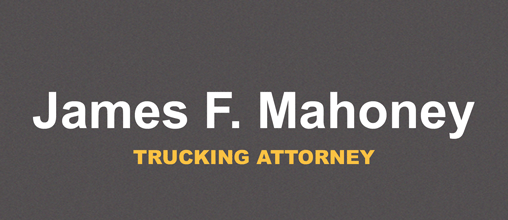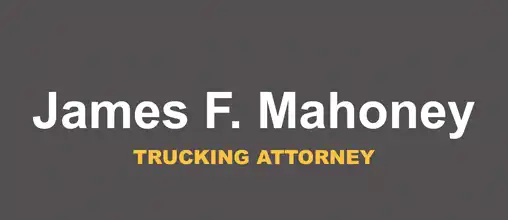This is not a new twist to the law; it is an old twist. It is not ingeniously applied by the plaintiffs’ bar. The freight broker exposure is the result of limited recoveries of only $1 million for catastrophic losses from underinsured motor carriers; by the need to find additional sources of recovery; by the ease of entering the brokerage business without any control over the carriers used; and by the newer prevalence of motor carriers engaging in freight brokerage without sufficient or proper controls.
CHR argued that the hired motor carrier was an independent entity and CHR exerted limited controls over the carrier and its driver; and that the evidence overwhelmingly demonstrated CHR had no right to control her actions in transporting the load, certainly nothing in regard to the crash itself.
Unfortunately for CHR, the evidence was quite the opposite: CHR took about as much control as any motor carrier would over one of its own drivers, but nothing that would shock us in the industry. The Load Confirmation Sheet had special instructions concerning the reefer load. The driver was familiar with these special instructions, such as requiring her to meet the appointment window; make daily check calls to CHR (somewhat unusual for a broker); and stay in constant communication with CHR dispatchers (again, too much control).
The driver was instructed to continually pulp the load during her trip and call in if the temperature varied. CHR enforced its special instructions with a series of deductions from the agreed upon freight charge. The driver testified that the instructions stressed her out and imposed upon her to get to the final without regard to safety (I can hear this testimony now… “it wasn’t my fault…it was their fault”).
In considering the jury verdict, the Illinois appeals court said, “These extensive requirements, coupled with tying compliance with driver fines and financial penalties, compelled the driver’s conduct during the movement. The performance control supports the jury finding that CHR had the right to control [the means] and manner in which Henry performed her job.”
What to do now: Please don’t wait to review your brokerage operations. There may be a fine line between customer satisfaction and controlling the load, but there is a line you can put in place.
You may soon be visited by a scary lawsuit that will (a) take up too much of your time; (b) expose you to covered and possibly uncovered insurance claims; and (c) force you to change your method of operations anyway. Call for a tune-up.


